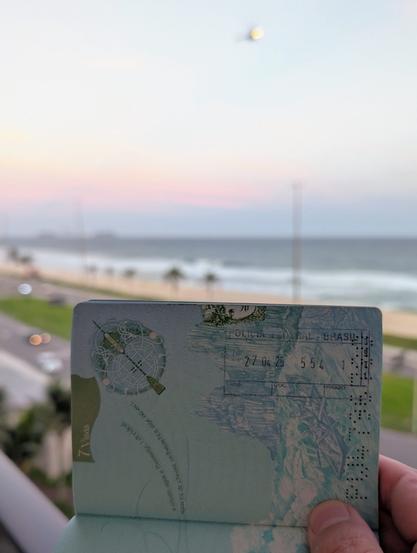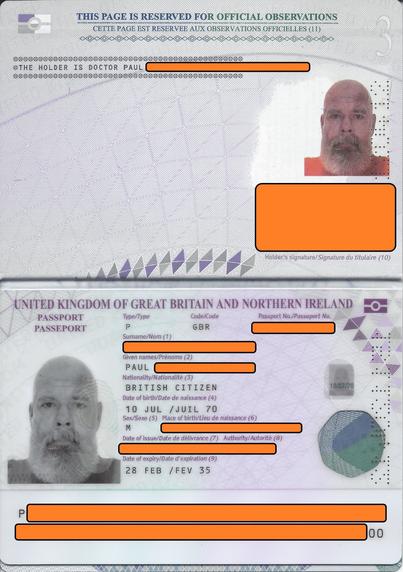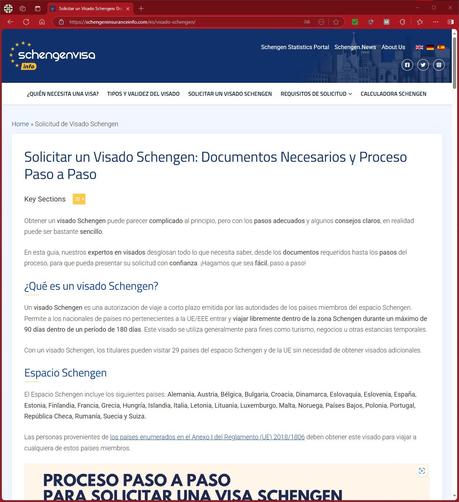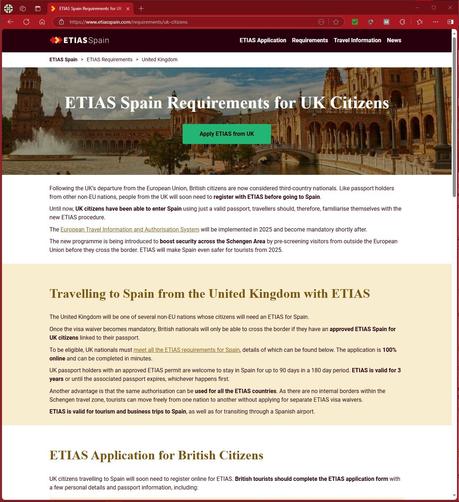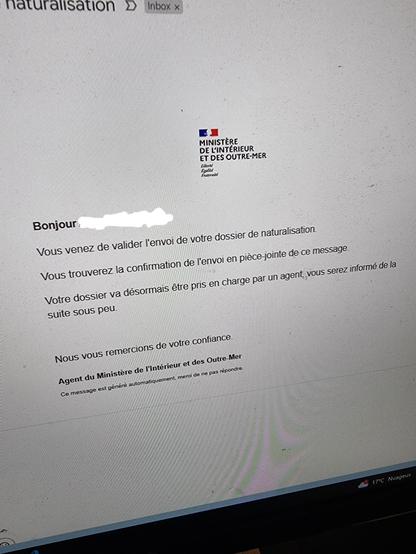My least-replicable travel hack is now saving me money, not just time
The passport that I’ve taken for much of my international travel since the spring of 2017 finally has some stamps in it–courtesy of the Brazilian border officers in São Paolo who did the honors with my Irish passport at the start and end of my trip for Web Summit Rio this week.
While I had traveled to Rio on my U.S. passport the previous two years, Brazil has since rolled out its e-visa program for U.S., Canadian and Australian citizens. Applying for one of these 10-year travel permissions costs $80.90 and, per numerous reports from travelers, requires time and patience to deal with glitches and delays in the approval process.
Traveling with my Irish passport, however, required nothing beyond scanning it into the United app’s Travel-Ready Center, having a check-in agent at Dulles eyeball that before issuing my boarding pass for last Saturday’s flight, and showing it one more time to a gate agent during boarding.
I didn’t have any issues exiting the country on that passport either, although having two passports on the reservation meant I had go through a second doc check for my U.S. passport before getting a boarding pass for my flight back to the States.
This was the second time this year that my Irish citizenship has saved me little money instead of merely letting me use shorter passport lines in Europe as an EU national (and not getting a passport stamp in the process).
Since Jan. 8, American citizens traveling to the United Kingdom have had to pay £16 for a two-year ETA (electronic travel authorisation) and do that at least three business days before flying to the U.K. It could have been worse; the British government originally planned to require an ETA just for connecting through Heathrow before relenting.
But Irish nationals are exempt from this, in keeping with the U.K. and Ireland’s Common Travel Area arrangements. So I didn’t have to worry about getting an ETA for my two-day stopover in London between Web Summit Qatar and MWC Barcelona.
Starting in the last quarter of 2026, I’ll get one more way to save a little money when the EU implements its ETIAS (European Travel Information and Authorisation System), which will cost €7 and be valid for three years or, if sooner, the expiration of the passport used to apply for it. EU nationals will, of course, be exempt from that.
I feel a little guilty ducking all of these minor administrative obstacles since all of these countries are only responding to longstanding U.S. travel-permissions requirements for their own citizens. Brazilian citizens need a visa to travel to the U.S., with fees starting at $185 for a 10-year non-immigrant tourist visa. And U.K. and EU nationals need to pay $21 for an ESTA (Electronic System for Travel Authorization), good for two years or passport expiration.
No American can blame any foreign government for deciding to return a little of these favors. And every American should hope that foreign governments following news of the incarcerations of international tourists and students in the U.S. (in some cases only for their speech) under the xenophobic Trump administration have the grace not to reciprocate.
#BrazilEVisa #dualCitizenship #ESTA #EUETIAS #internationalTravel #IrishCitizenship #IrishPassport #passportStamps #passports #UKETA #USPassport #USVisa #WebSummitRio
